On March 12, 2019, Francella Ochillo, Vice President of Policy and General Counsel at the National Hispanic Media Coalition (NHMC), testified before the Subcommittee on Communications and Technology of the Committee on Energy and Commerce in the “Legislating to Safeguard the Free and Open Internet” hearing. In both written and oral testimony, she explained why digital rights have increasingly become some of the most important civil rights of our time and implored lawmakers to consider the long-term effects that the neutrality repeal could have on underrepresented communities.
In December 2017, when the FCC repealed the 2015 Open Internet Order, it ignored the will of the American people and ceded power to Internet Service Providers (ISPs). As a result, ISPs currently have the right to charge websites and content providers whatever they determine as market price and can legally block those that are unable to pay. As Ms. Ochillo explained, there are inherent dangers associated with creating a digital caste system of those who can afford to pay more for access versus those who cannot. ISPs should not be allowed to decide on what content, apps, and services that consumers able to access.
The FCC has previously concluded that access to the internet is a prerequisite to full participation in a digital society. The Save the Internet Act of 2019, H.R. 1644, would restore the Title II framework that allowed the FCC to govern the internet like a utility to which every American should have access. Under the proposed legislation, the FCC would still have the ability to make rules to interpret, enforce, expand, and update provisions as technology evolves.
The Save the Internet Act of 2019 is also an important step towards addressing the digital divide. Approximately 30% of Latino households still do not have access to the internet at home. Access to an open internet is essential for Latino communities to be able to share stories, report on injustice, and launch new businesses online. ISPs should not be allowed to create new barriers to access.
Excerpt from Francella Ochillo’s oral testimony:
Access to the internet has revolutionized the way that we think, work, and interact. It has changed how we communicate and learn, challenged the way that we see each other, and tested our willingness to grow. It is a place where a young Latina can start a YouTube channel to teach other children how to make slime and reinvent the way that an industry markets glue and where a first generation Indian American boy from Texas could launch dreams of being a spelling bee champion with his coach online. It is also the birthplace of funding platforms that breathe new life into women-own businesses that were overlooked in Silicon Valley and the reason why countless members of Congress embarked on their unlikely journeys to Capitol Hill.
In all of its wonder, the internet has also been one of the most important tools to remedy a long history of discrimination that still plagues our country. Taking messages online was the only way that activists were able to get the nation to stop and listen to the cries of Native Americans protecting sacred lands in North Dakota and how disenfranchised voices were able to put a spotlight on unarmed African-American men being shot by police. Online social justice movements forced people to ask hard questions about contaminated water in Flint and why families seeking asylum were being irreconcilably separated at the border.
When there is a premium for access, the dangerous underbelly of the internet poses a risk to people both online and offline. Creating a digital caste system of who can afford to pay more for premium access feeds the dark chambers of the internet where division, hate speech, and discrimination thrive. Sunlight, open access, may be the best remedy because the internet connects us in a way that, historically, we have been unable to do so as a nation. It serves as the digital encyclopedia where students can go to find out why the Japanese should never have been in internment camps or the many reasons why Jim Crow was wrong. Being able to discover those unpleasant truths about who we are as a nation and how we can grow together requires that all Americans have access to the same information. That is the only way for us to remedy scars of injustice and address systemic inequality.
